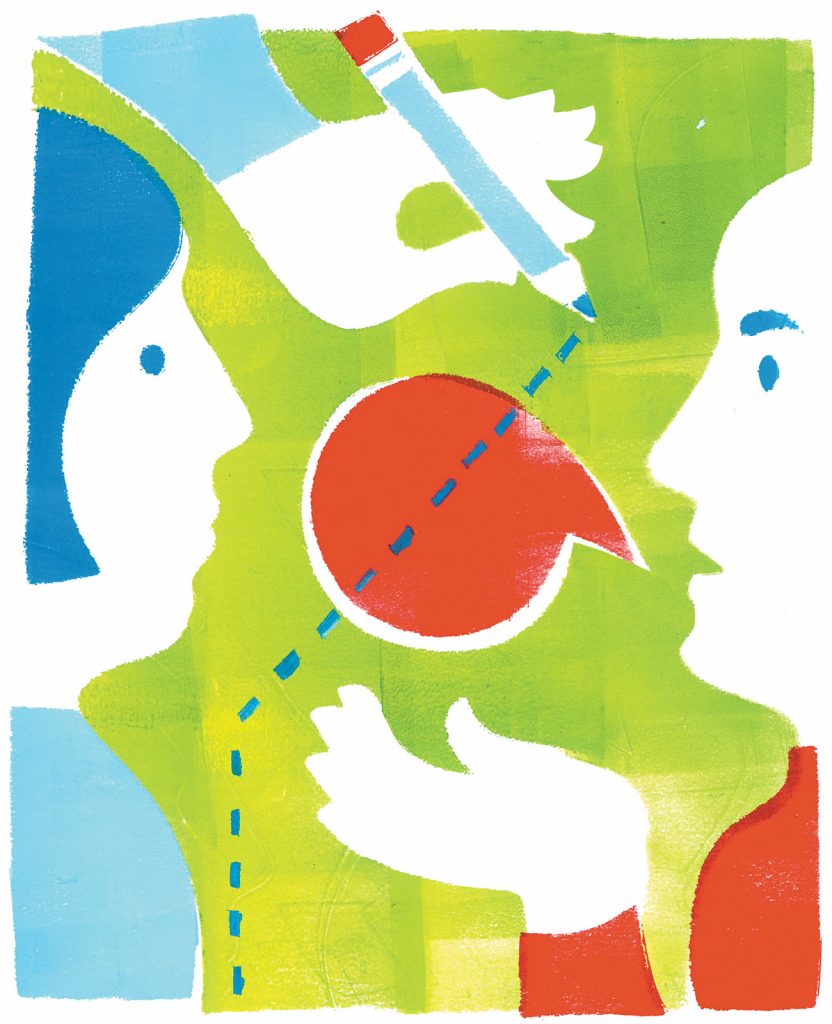Boundaries play an interesting and sometimes complicated role in developing compassion. They are like the stake and wires that are used to help keep young trees rooted and growing straight. Early on in our practice or when we’re faced with difficult, new challenges, a lack of healthy boundaries can lead to our compassion being blown away before it’s had a chance to take root. As we develop, though, boundaries held too tightly can stifle our compassion and keep it from reaching maturity. In the process of developing compassion, we need to become skillful at knowing when to apply boundaries and when to relax or release them.
While Buddhist literature doesn’t use the word boundaries, it addresses this issue. For example, Buddhism praises the value of generosity but warns that you shouldn’t give something away if you’re likely to be upset later and regret giving it away. Similarly, although it’s good to help others, we shouldn’t agree to do something for another person if it will likely lead us to feel exhausted, resentful, and angry at the other person. Each of us has to judge our own capacities and set our boundaries accordingly.
Healthy boundaries can be important for maintaining our sense of self-respect. Sometimes out of insecurity, fear, or a wish to avoid getting angry, we don’t stand up for ourselves when others treat us badly or put us down. Setting a boundary can be a way of standing up for yourself without having to get angry. A story of Martin Luther King, Sr., the father of the famous civil rights leader, who was also a pastor, shows clearly how to use boundaries in this way. Driving down a street in segregated Atlanta with his young son beside him in the front seat, the elder Reverend King accidentally drove past a stop sign. A white police officer pulled up to him and said, “All right, boy, pull over and let me see your license.”
Without any hesitation, Reverend King replied, “Let me make it clear to you that you aren’t talking to a boy. If you persist in referring to me as a boy, I will be forced to act as if I don’t hear a word you are saying.” Setting boundaries often requires some bravery. Given the place and time, Reverend King ran the risk of a violent reaction. Brief moments in which we act with bravery and self-respect can have surprising effects on our own character and on those around us. The officer was so surprised that he silently wrote a ticket and drove away as quickly as he could.
This is precisely the way to go about setting healthy boundaries. You begin by correcting the person, telling the other how you wish to be treated, or stating what you are or are not willing to do. It can be difficult in the short run to set a clear boundary with someone you care about, but not doing so often leads to many more difficulties over a much longer period of time.
Thank you for subscribing to Tricycle! As a nonprofit, we depend on readers like you to keep Buddhist teachings and practices widely available.
